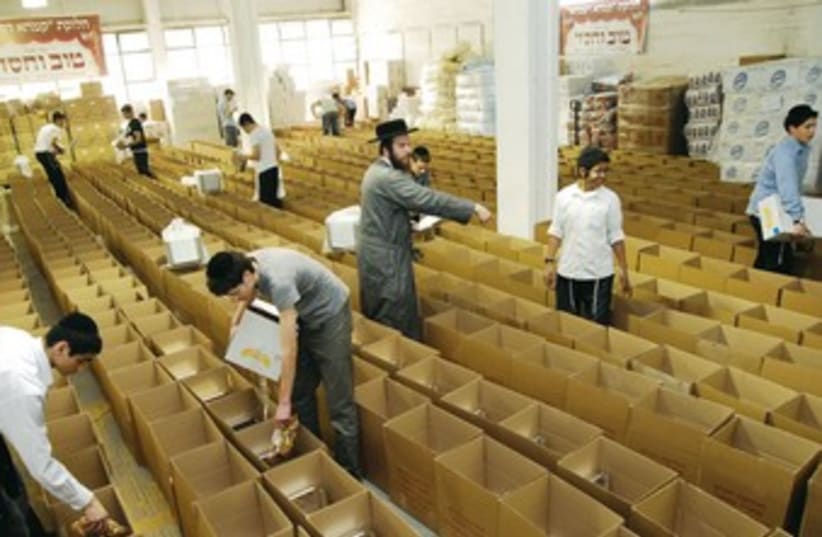The Human Spirit: The good and kind warehouse
AS A little boy, Yakov Eliezer Shisha promised himself two things: not to be hungry when he grew up, and to help others who were too poor to buy enough food – and to do it in the most respectful manner possible.
